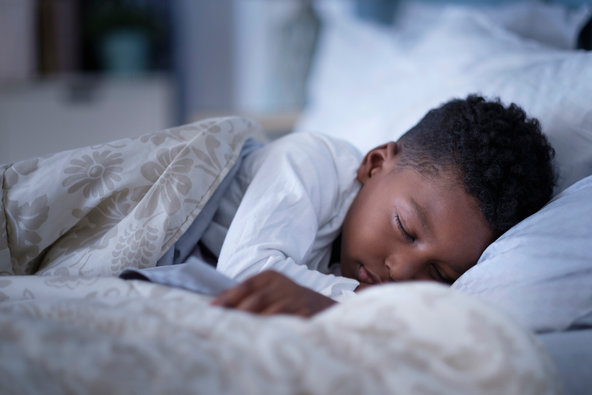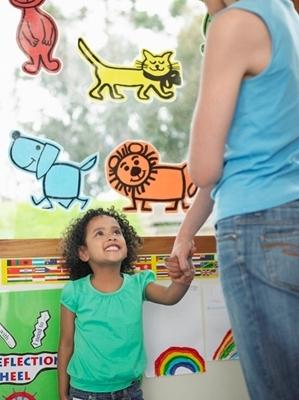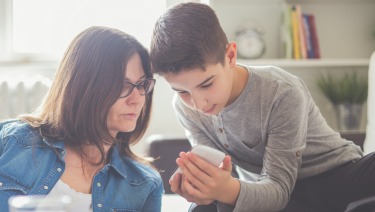
by webdev | Sep 1, 2018 | News
New research suggests it’s how parents talk to their infants, not just how often, that makes a difference for language development.
Research has repeatedly touted the benefits of exposing children to language from an early age, but a new study published in the journal Infancy got
more specific, finding that verbally engaging with babies—listening to their gurgles and coos and then responding, conversation-style—may speed up their language development more than simply talking at them or around them. Read more here.

by webdev | Sep 1, 2018 | News
Everyone knows that getting a baby to sleep through the night
can be a big challenge for parents. But sleep problems are common among preschool and school-age children, too. As we ask children to function in school, academically and socially, fatigue can affect their achievement and behavior.
Australian research on sleep problems in children has included work aimed at the “school transition” year in which children adjust to a school schedule. Read More

by webdev | Sep 1, 2018 | News
What teachers know about helping kids behave and what you can use at home
You wrestle for ten minutes with your 3-year-old to get his jacket on, yet his preschool teacher has ten kids (including yours) dressed for the playground in less than three. What’s her secret? Partly, of course, the advantage of not being a parent—kids really are more inclined to behave for outsiders.
But it’s not only that. Teachers develop all sorts of tricks to help young kids learn, keep the classroom more efficient, and make their job more enjoyable. This is hardly surprising. Preschool teachers have year after year of experience with this challenging age group. Fortunately, they’re more than willing to share the keys to their success with eager (and sometimes frustrated) parents
Read More.

by webdev | Sep 1, 2018 | News
Kids who experience more violence in their virtual worlds—television, movies, and video games—are more likely to display aggressive thoughts, aggressive behavior, and angry feelings in the real world. Anything we, as parents, can do to reduce this aggressive behavior is well worth the effort!
Here are practical steps parents can take for raising peaceful children in a violent world. Please Read More.

by webdev | Sep 1, 2018 | News
South Bend’s Mayor Pete reads “Goodnight Owl” by Greg Pizzoli for a fun Summer Reading Challenge 2016 Storytime.
Did you know that watching this storytime counts as minutes read for the Summer Reading Challenge?
Listen, watch and enjoy here!








